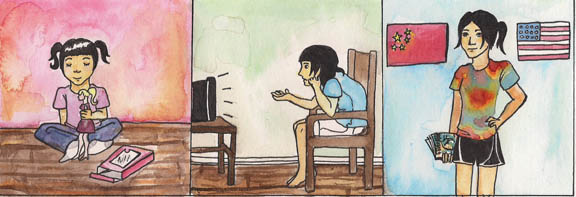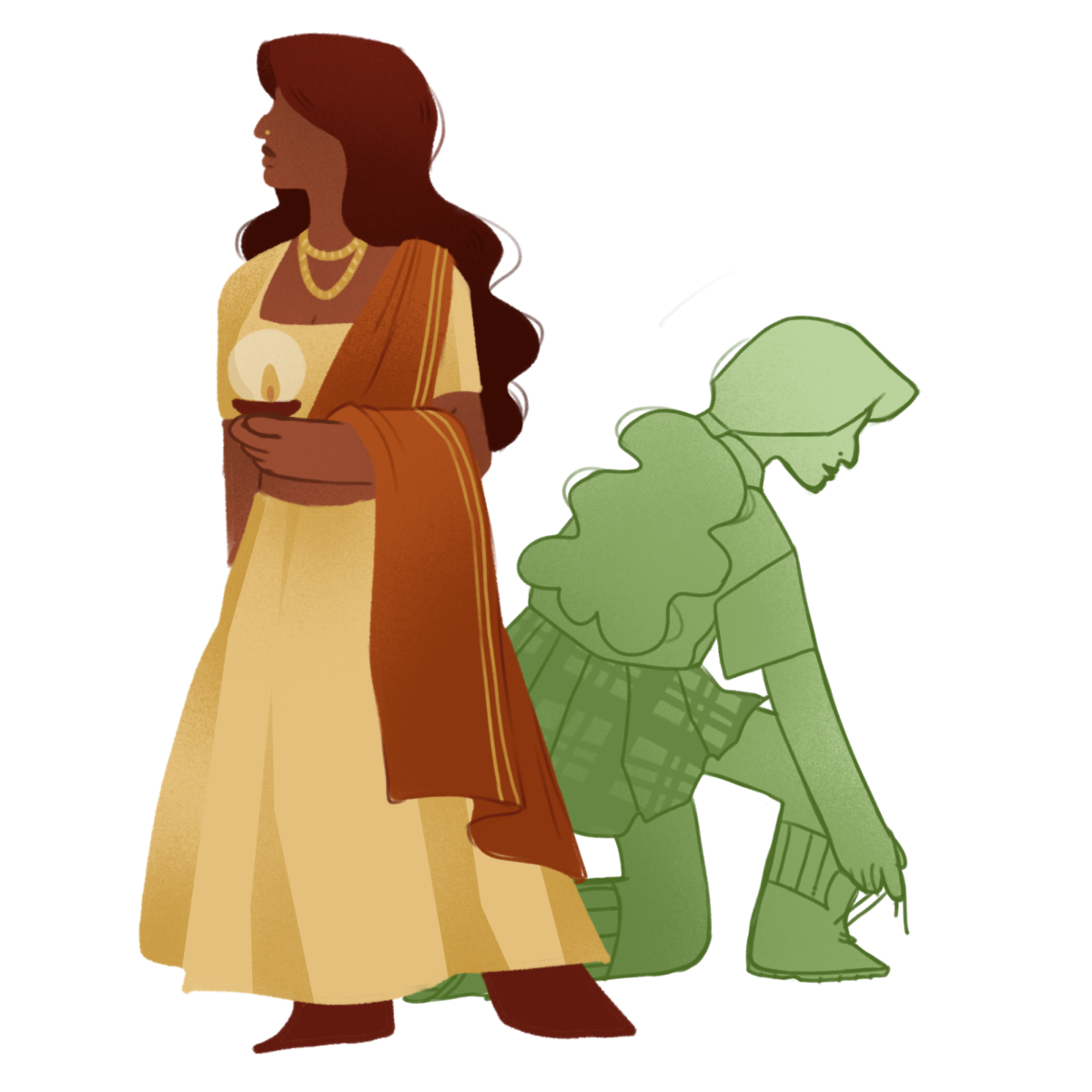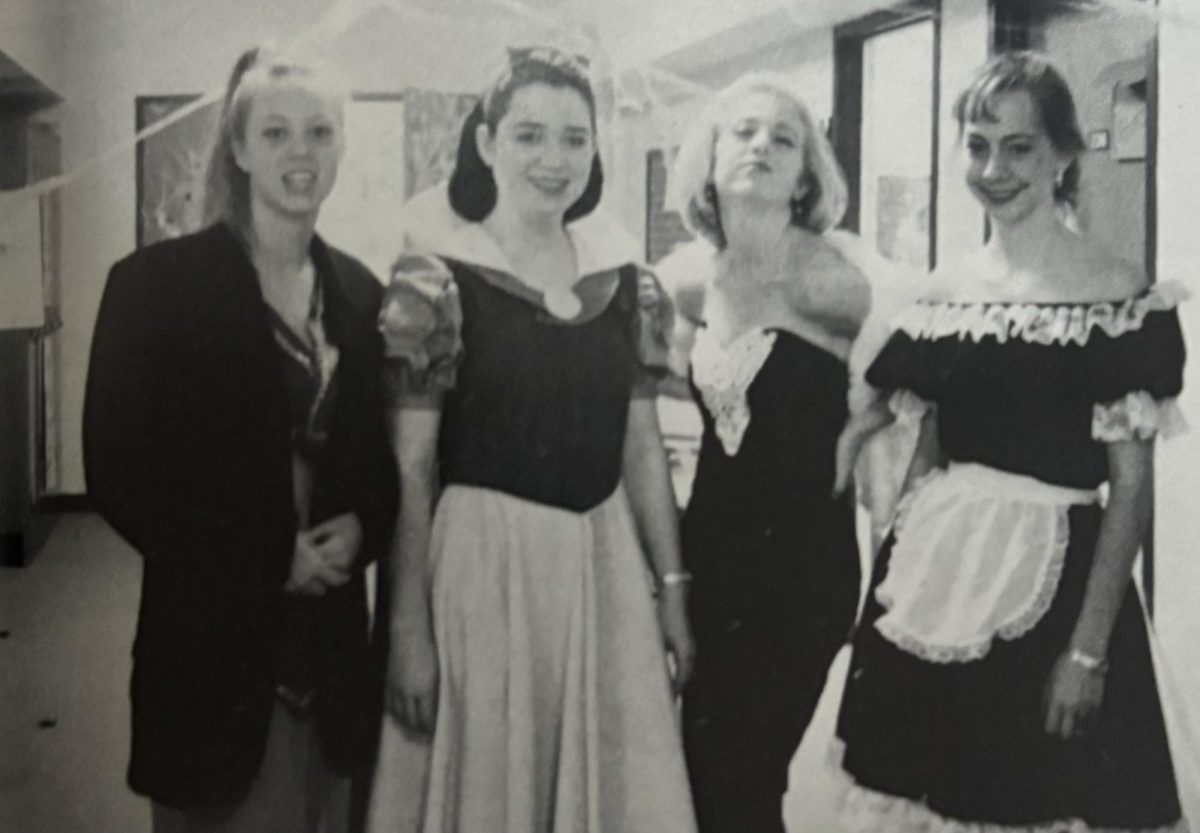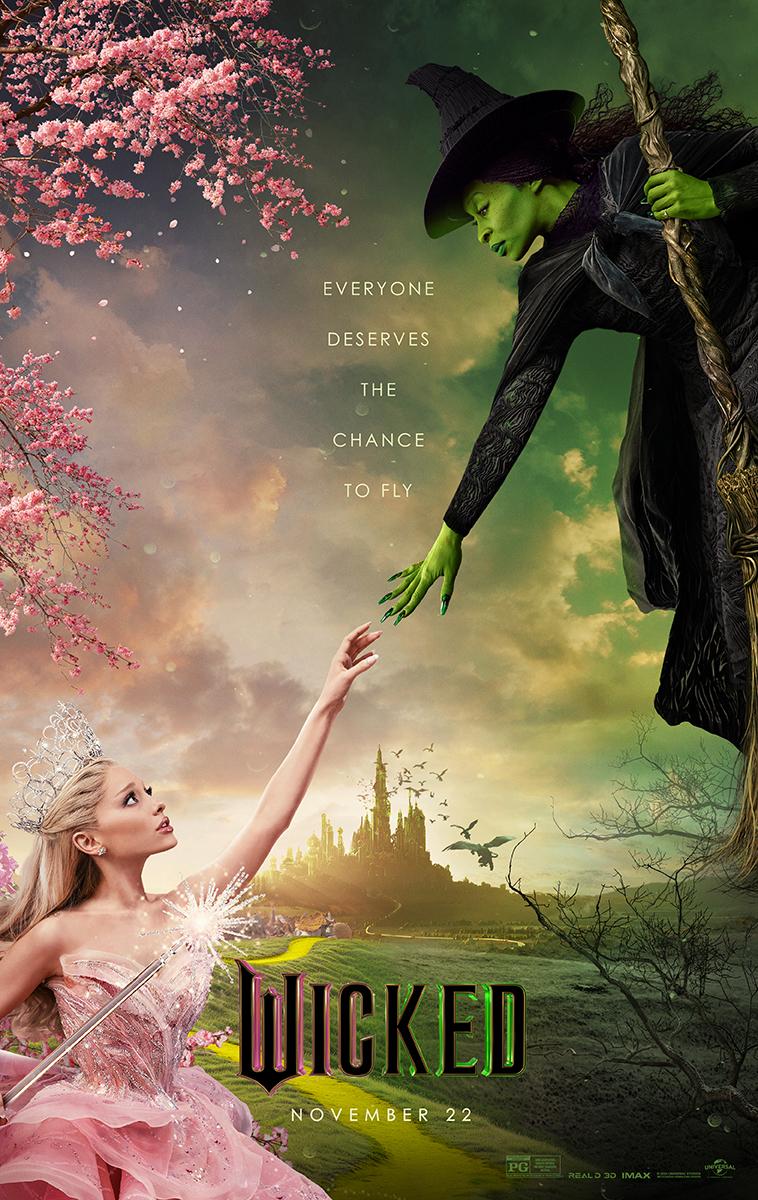
Senior and international student, guest writer Claire shares her thoughts on Chinese-American relations.
When I was five, I dreamed about becoming Cinderella while Barbies and other toys my dad brought me from America filled my room.
When I was 10, listening to my dad constantly referring to the principles America was built upon, I became fascinated with American ideologies and started to criticize the Chinese government during the 7 p.m. state-owned central news program. The Chinese government aimed to maintain popularity among people, careful to present itself in a positive light, only broadcasting limited information addressed events people truly wanted to know about.
When I was 16, I came to the United States of America, the country which I had heard so much about. When my history teacher referred to China as a communist country, even though no one in the room was looking at me, I felt there was a communist tag on my forehead. I then got rid of all the Chinese songs on my iPod, put on tie-dye shirts and Nike shorts and read all the gossip in “Seventeen” magazine.
On the International Trip to D.C. my sophomore year, I visited the Newseum, a museum of news and journalism. Walking through the “9/11 Gallery” I noticed that “China Daily” was the only newspaper out of the 127 featured which chose not to run the attacks as their Sept. 12, 2001 headline and instead addressed a meeting the Chinese president participated in as the headline. Standing in the middle of the gallery, I could feel the heat in my ears and I wished I could take down the Chinese newspaper and rewrite history.
A year later, I wrote my Junior Research Paper on Google’s threat to pull out of China in 2010. In the paper, I asserted that Google’s anti-censorship actions were good for the human rights movement in China.
Wanting to learn more about American politics so that I could help China become more democratic, I went to the Ivy Scholars Program at Yale University this past summer. During one of the lectures, a professor mentioned that Hu Jintao, the President of China, has a close relationship with Dr. Kissinger (the Secretary of State during Nixon Administration who orchestrated the opening of relations with China), and stays with him for several days each time he comes to the U.S.
I was thunderstruck.
The leaders of America and China talk to each other outside of bi-lateral talks and summits? Hu Jintao, who seems to be the most conservative Communist whenever speaking publically, discusses plans for China’s future with American leaders? Don’t America and China have very different political ideologies? Or, maybe those two countries seem to run under really different political philosophies mainly just because they are at different historical stages and have different domestic situations.
At that instant, I came to realize that the Chinese government’s actions may not reflect its true political philosophy, just like how politics work here in the U.S. or anywhere in the world. Even here, we have expanded government regulations during economic depressions and times of war. China needs more government regulations at the moment as it continues to establish a true free market system. I believe that Chinese leaders are working to give their people freedom in the long-run but can’t achieve it overnight because of the large percentage of the population that has neither gone to universities nor out of their villages their entire life.
For now, the government needs censorship to some extent—including blocking Facebook—for temporary social safety. Otherwise, China may become as chaotic as London was two months ago. Due to the extremely uneven distribution of wealth, many people are bitter towards the rich and powerful. Without any censorship, thousands of passionate but unsophisticated youths, like those in Tiananmen Square in 1989, could become mobs, fighting for a revolution they don’t even understand.
This is not a time for turbulence. China’s economy is developing at a fast tempo, and it should by all means avoid unnecessary and avoidable chaos. There are social problems which people should not avoid no matter the time period, but we cannot solve our problems like the lack of freedom and check and balances in the Chinese government through revolution.
Now, at 18, I know I need to be more patient if I want to help make a change. I plan to go back to China to help it improve its education system, distribution of wealth issues and insufficient laws, adjusting American principles to China’s situation. I aim to bring my two homes, America and China, closer to each other. I hope that when I am 28, more Americans and Chinese will work together with me to unite the world’s two super powers.
– Claire




